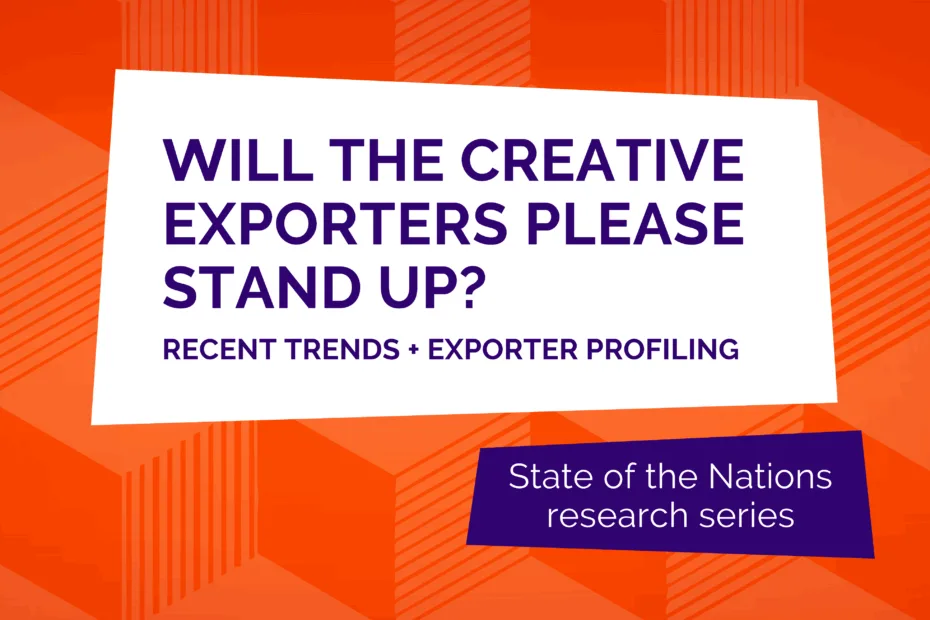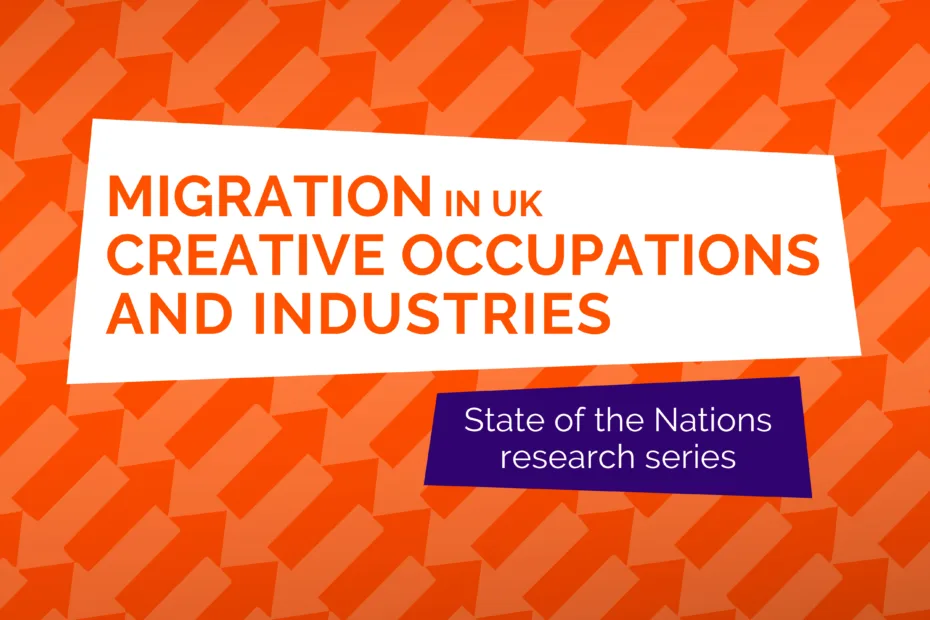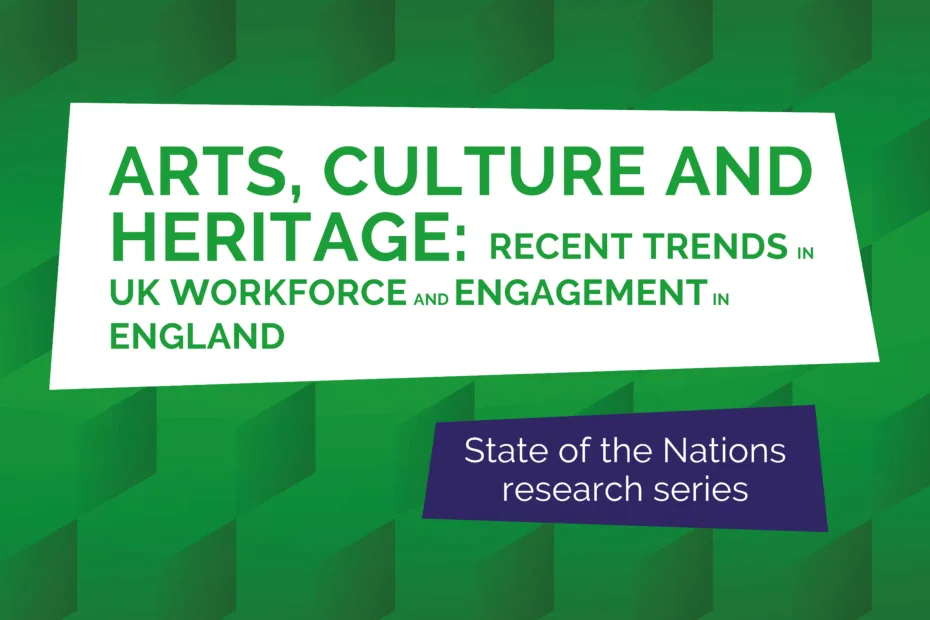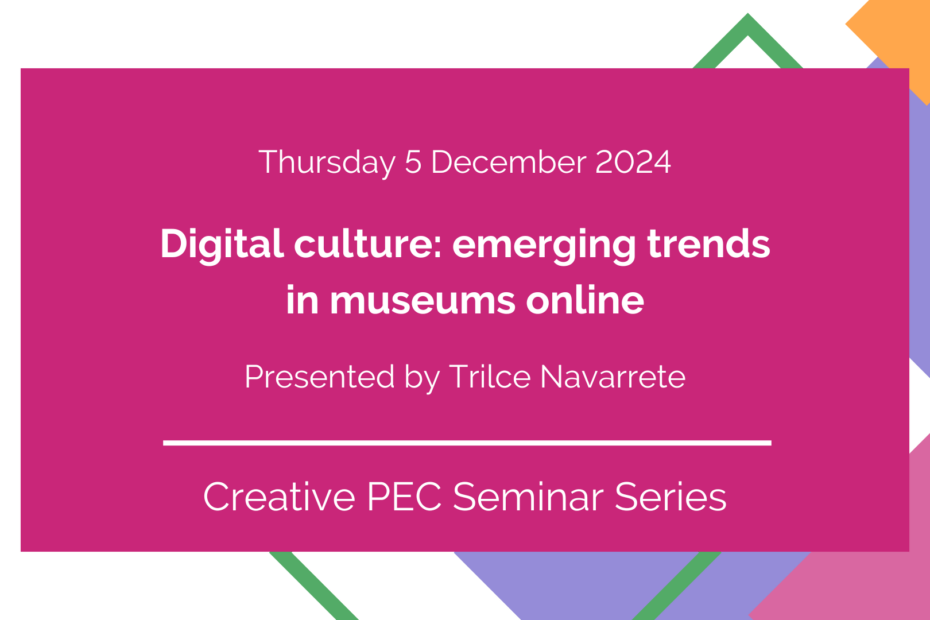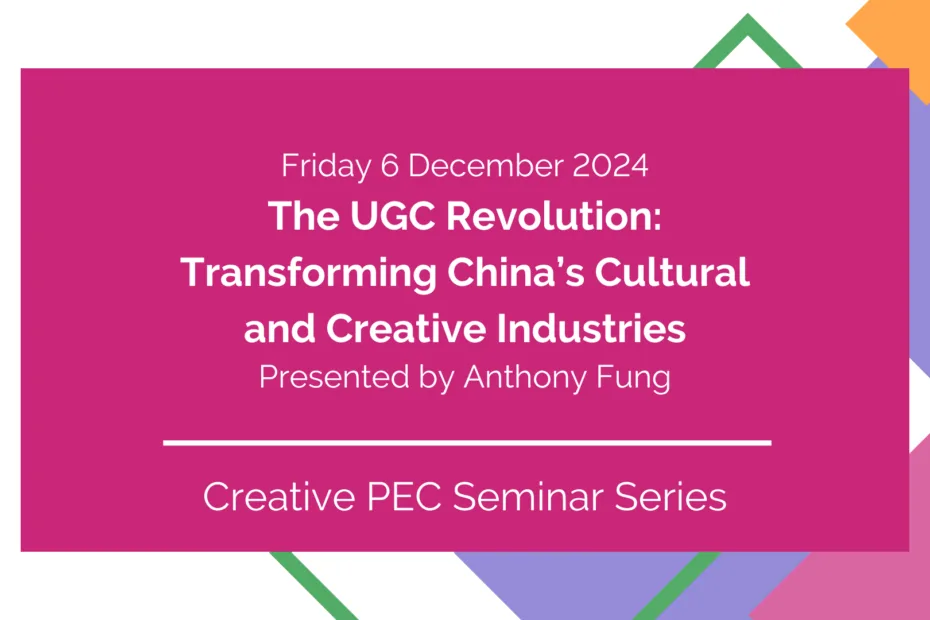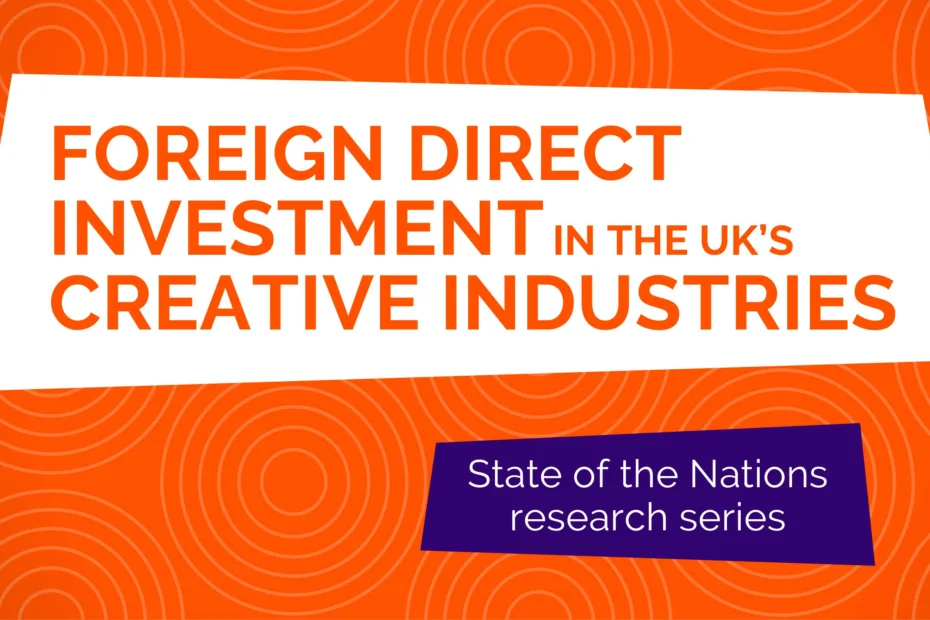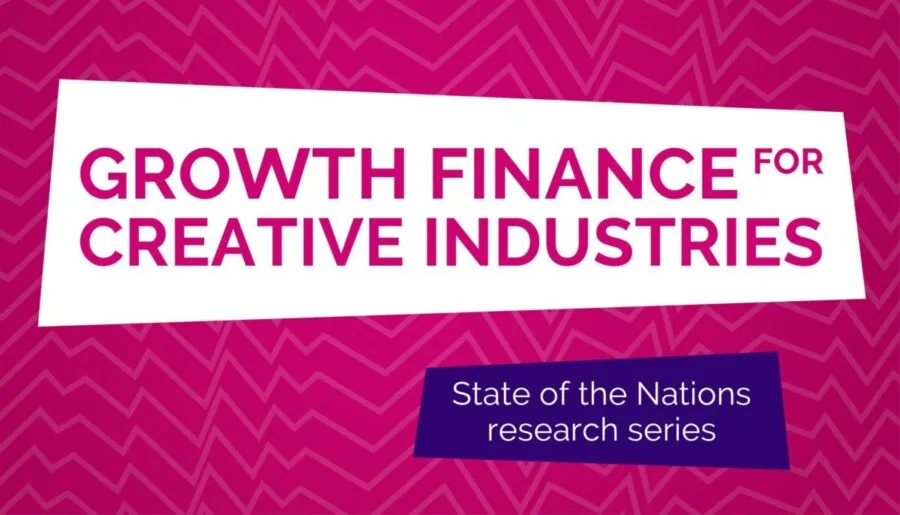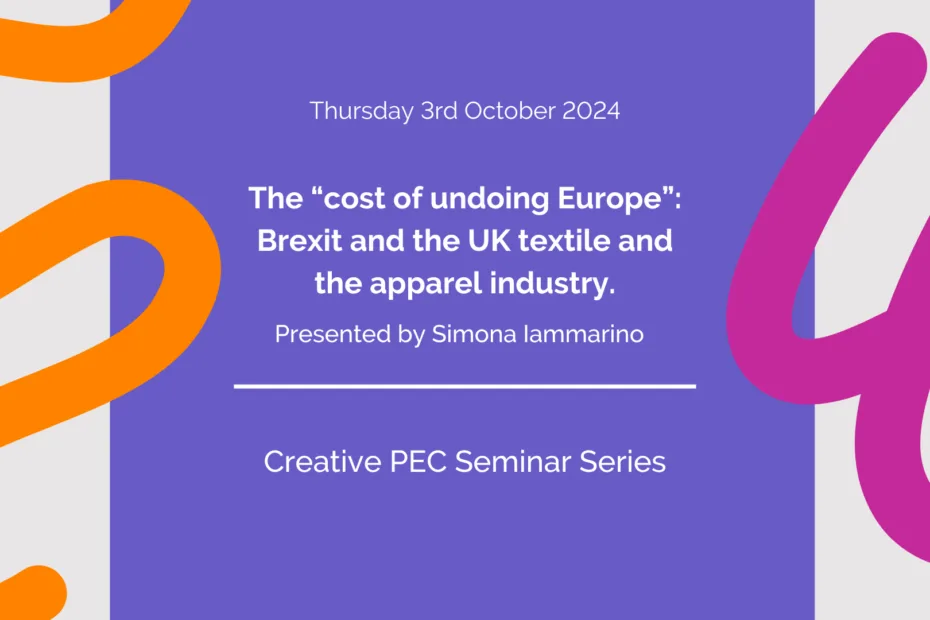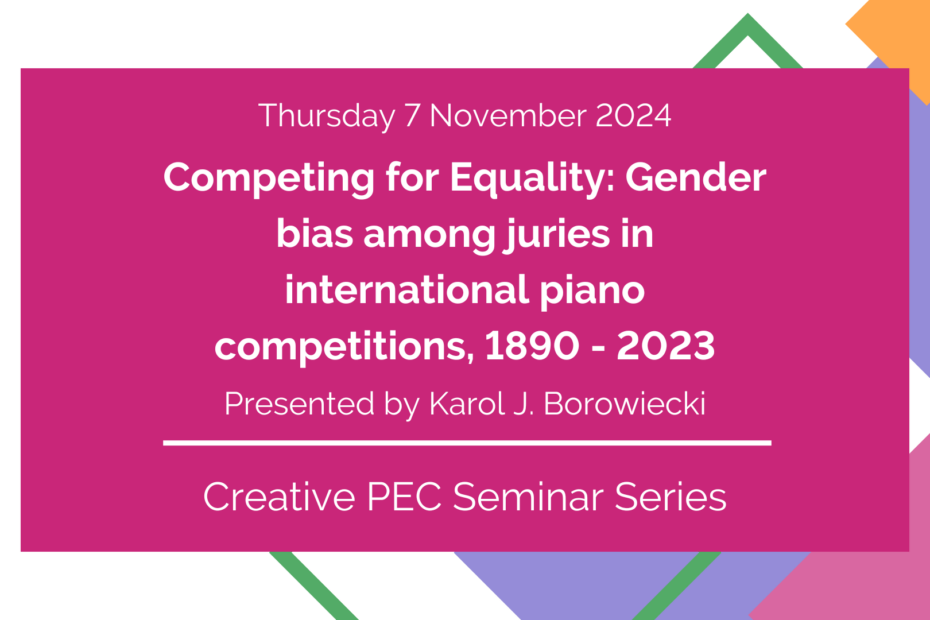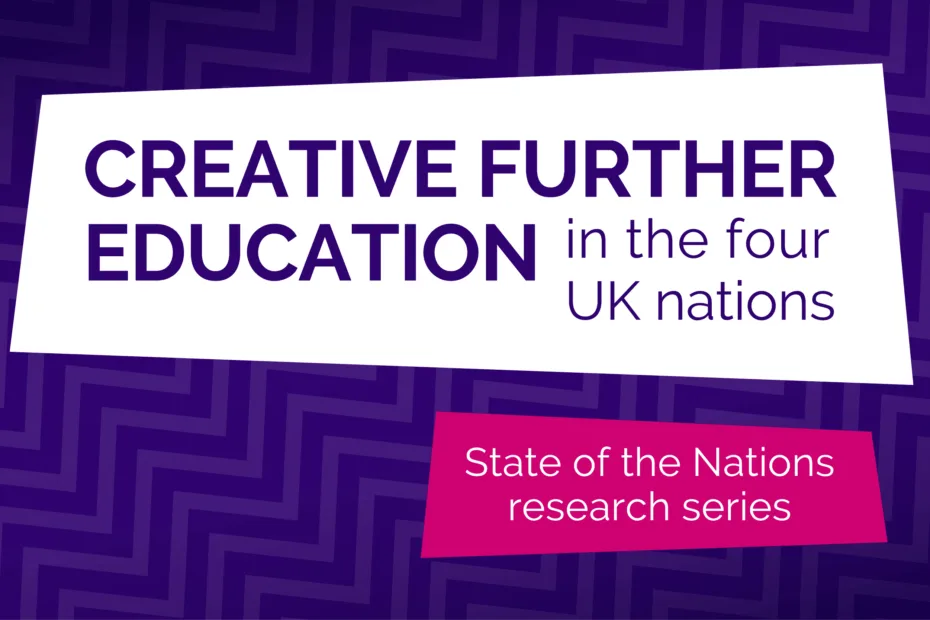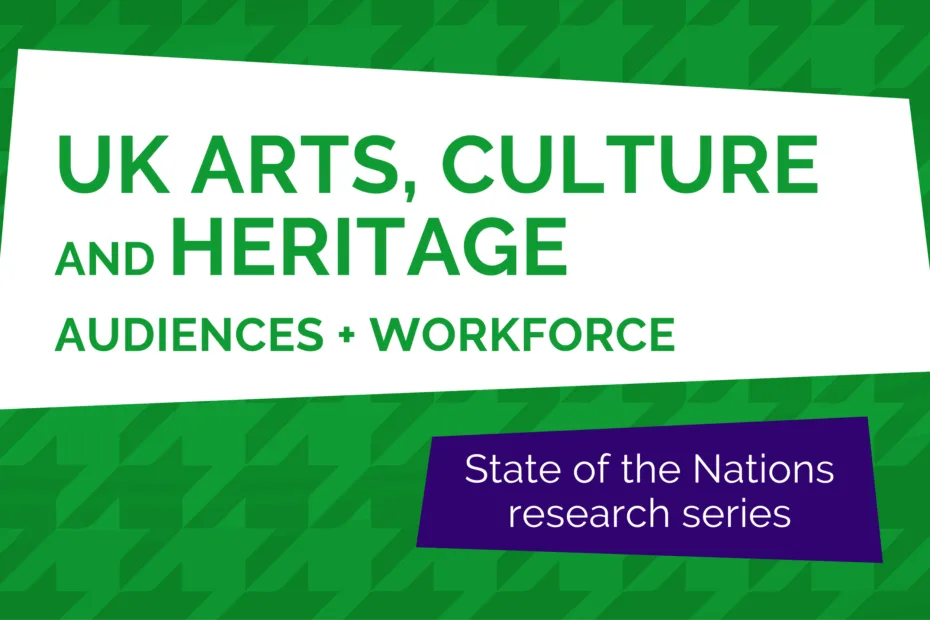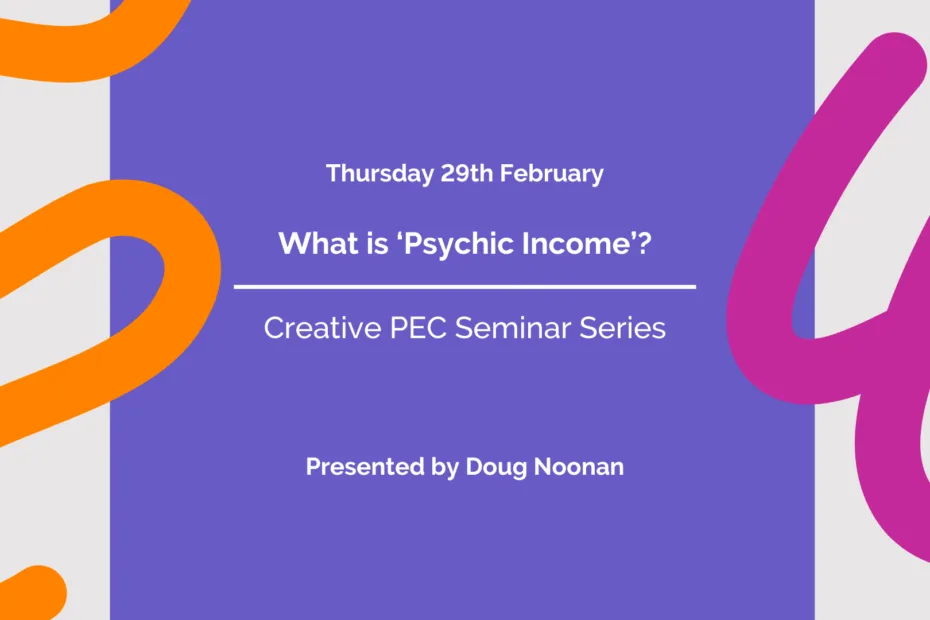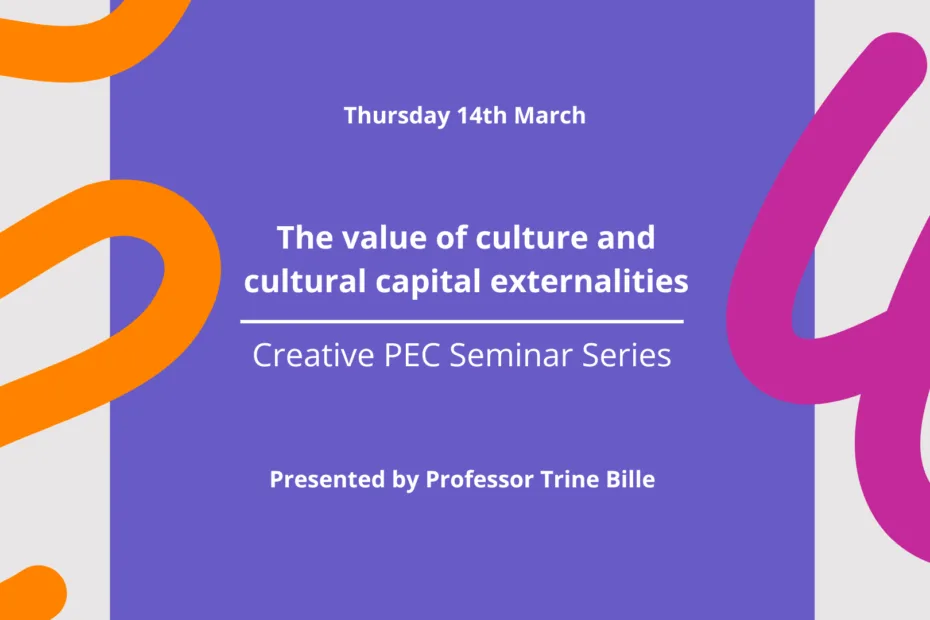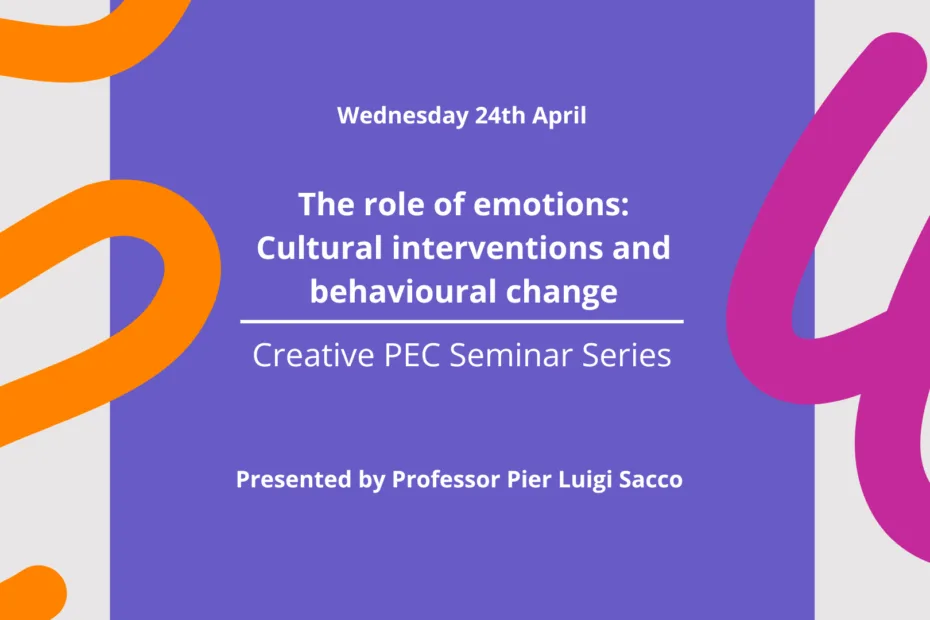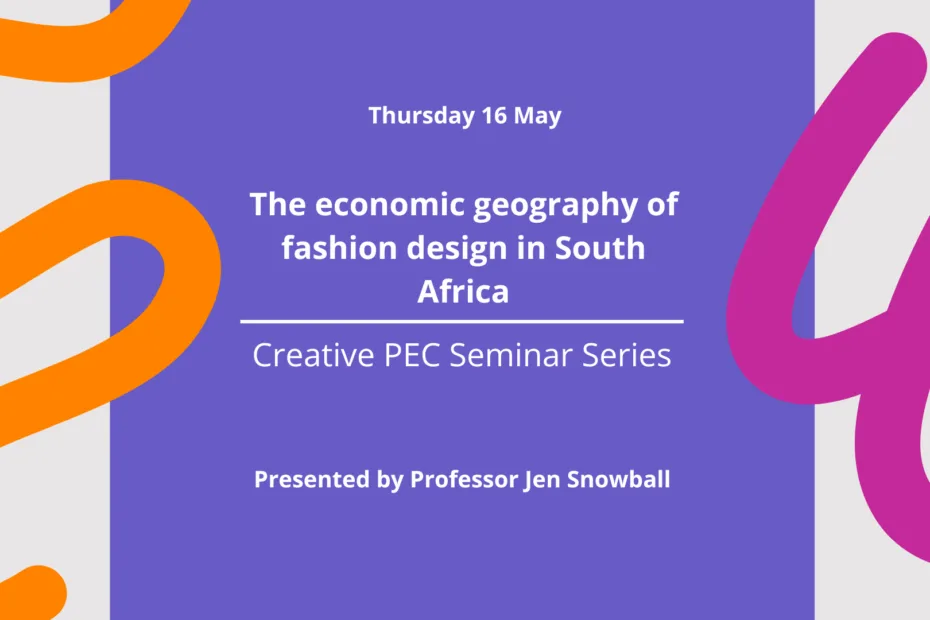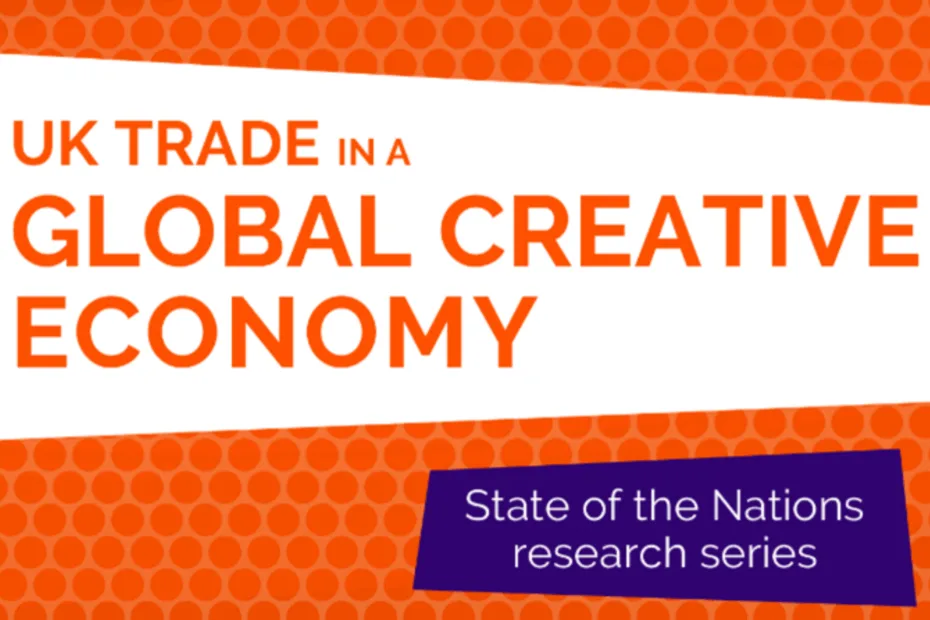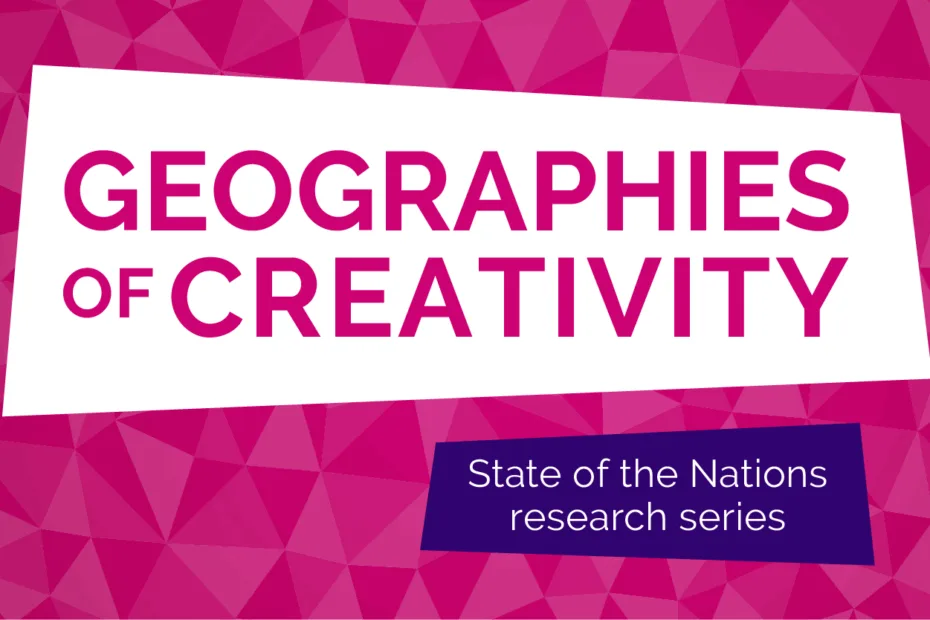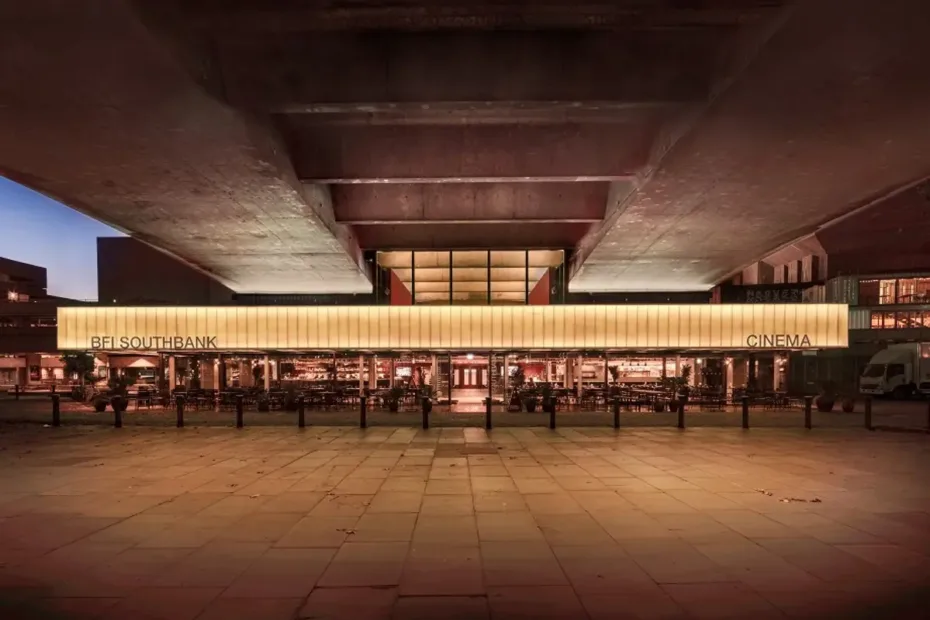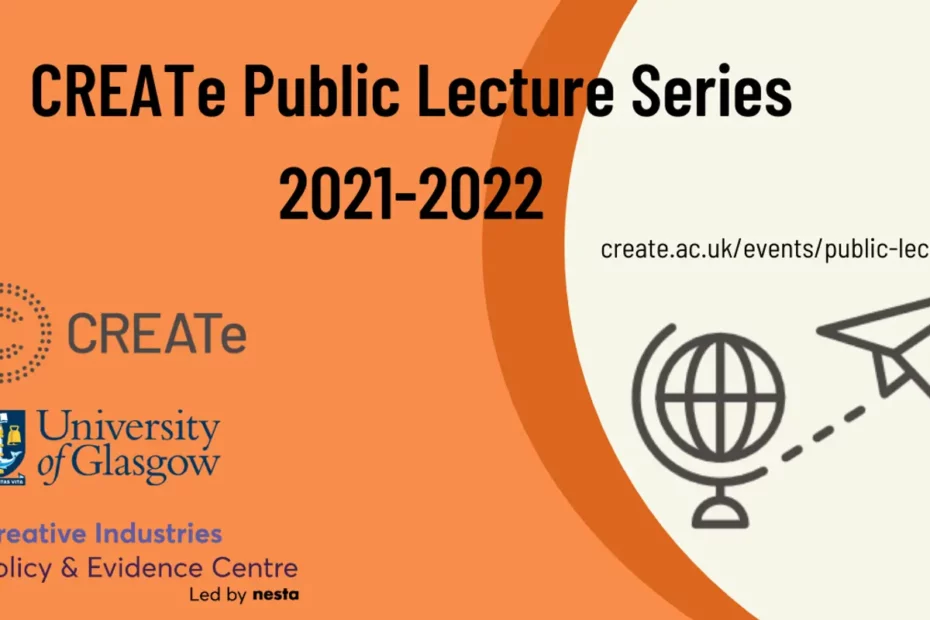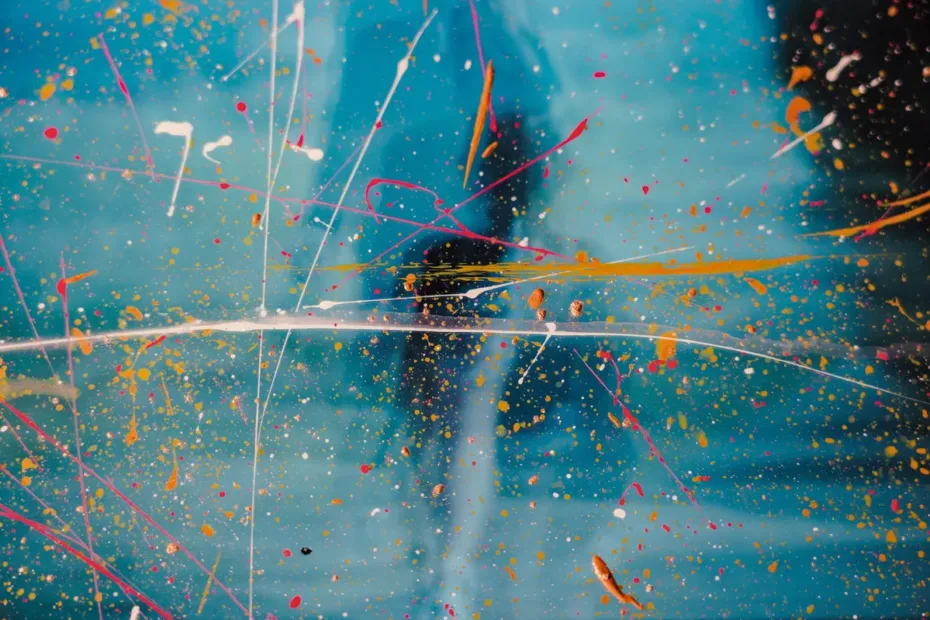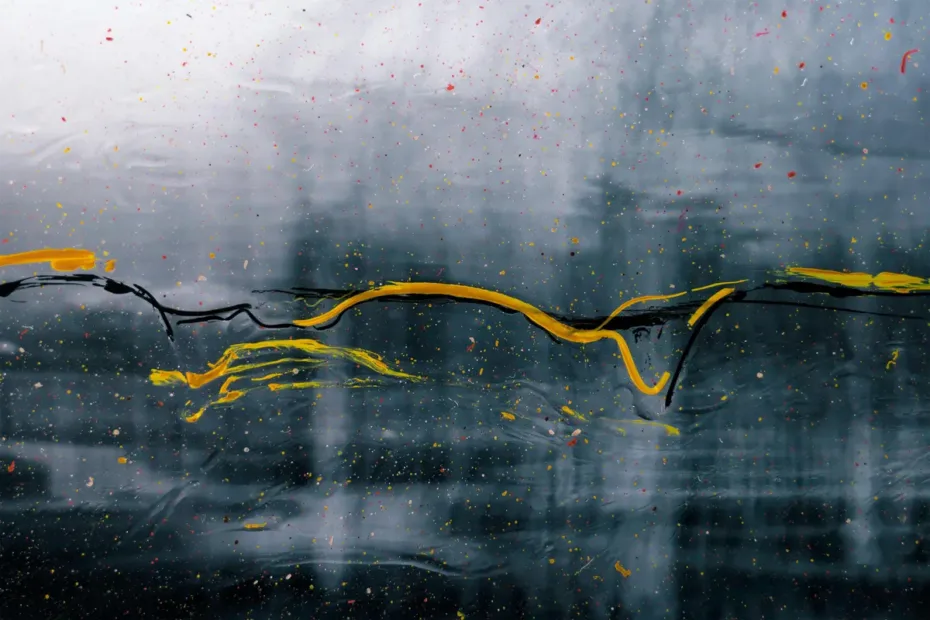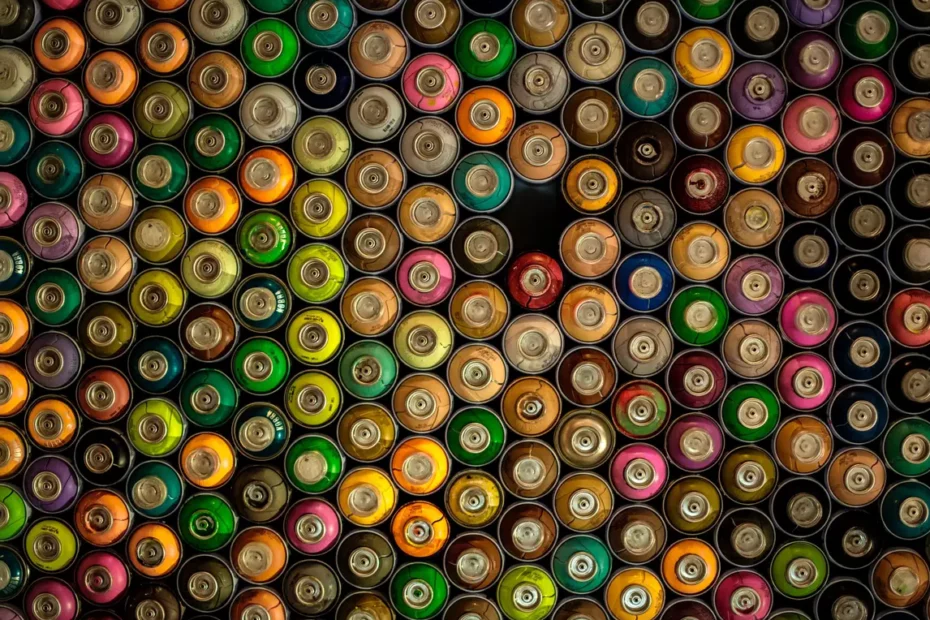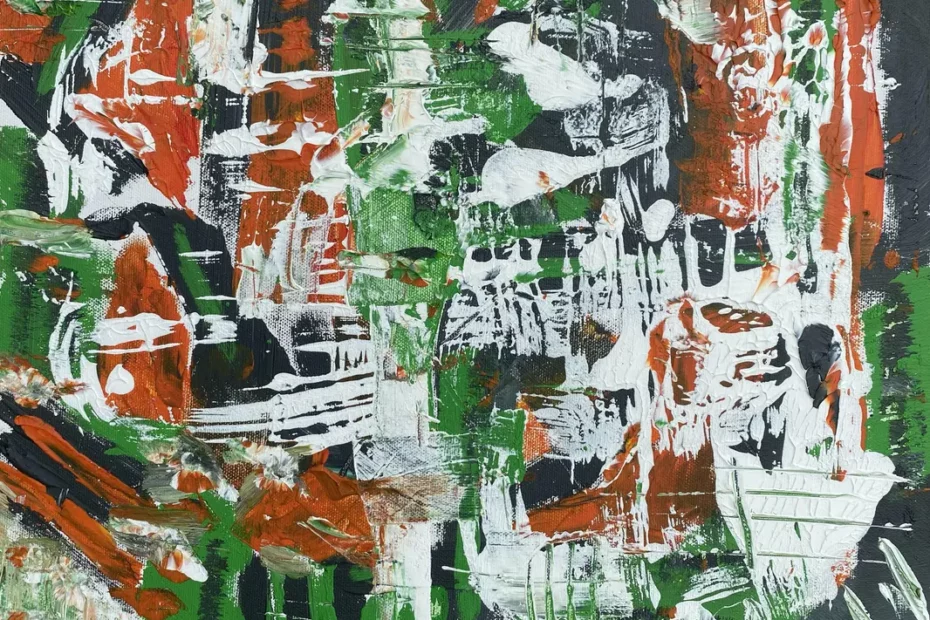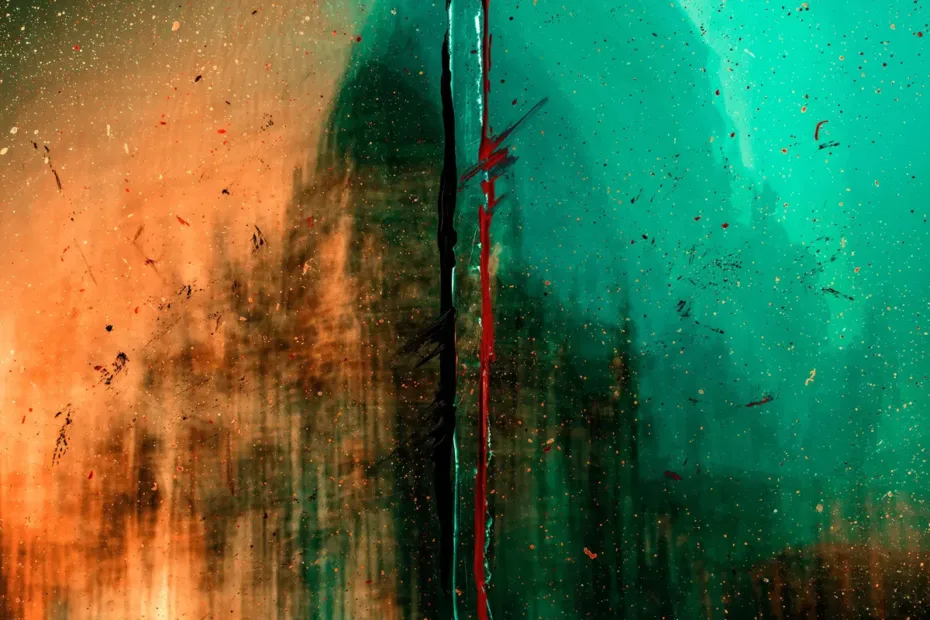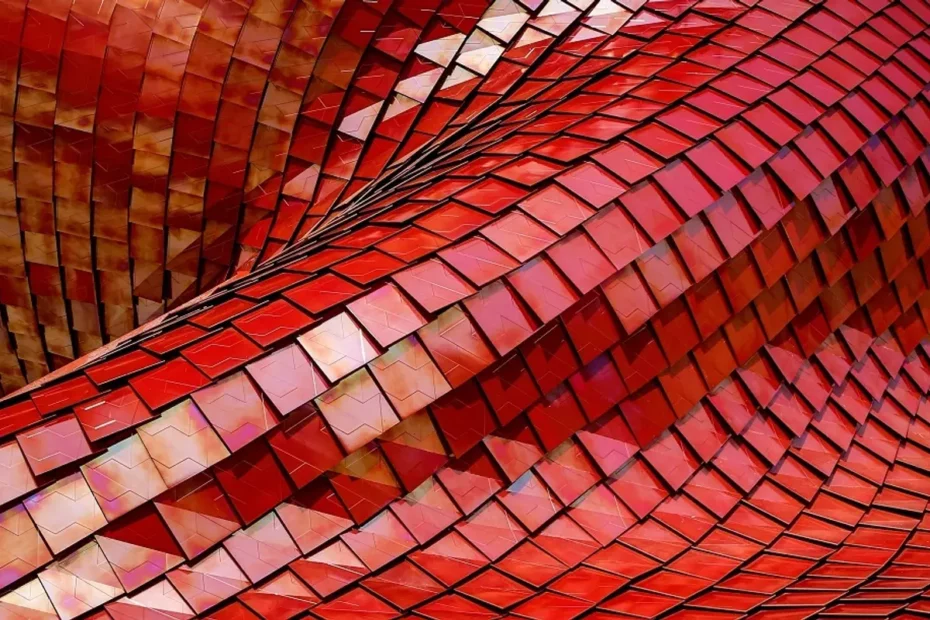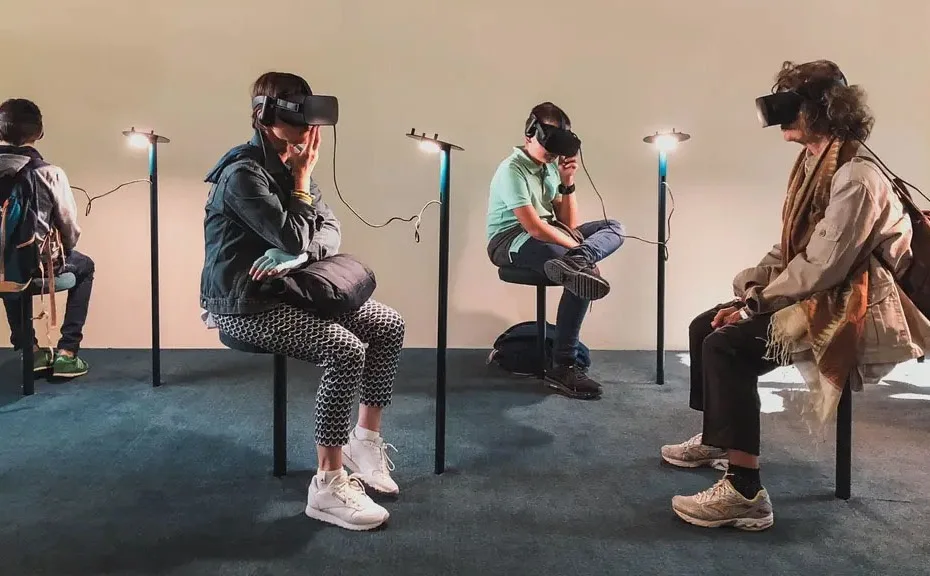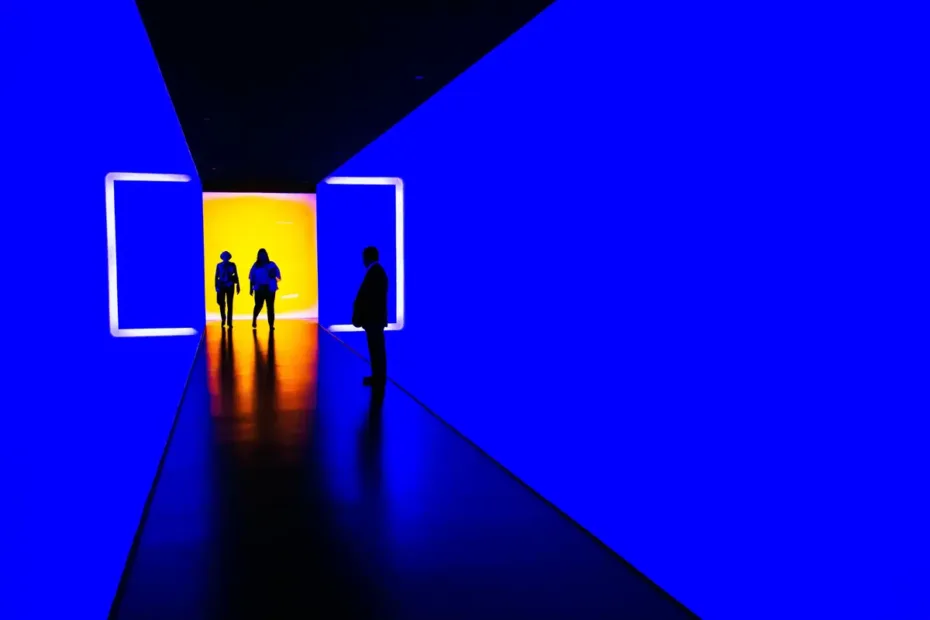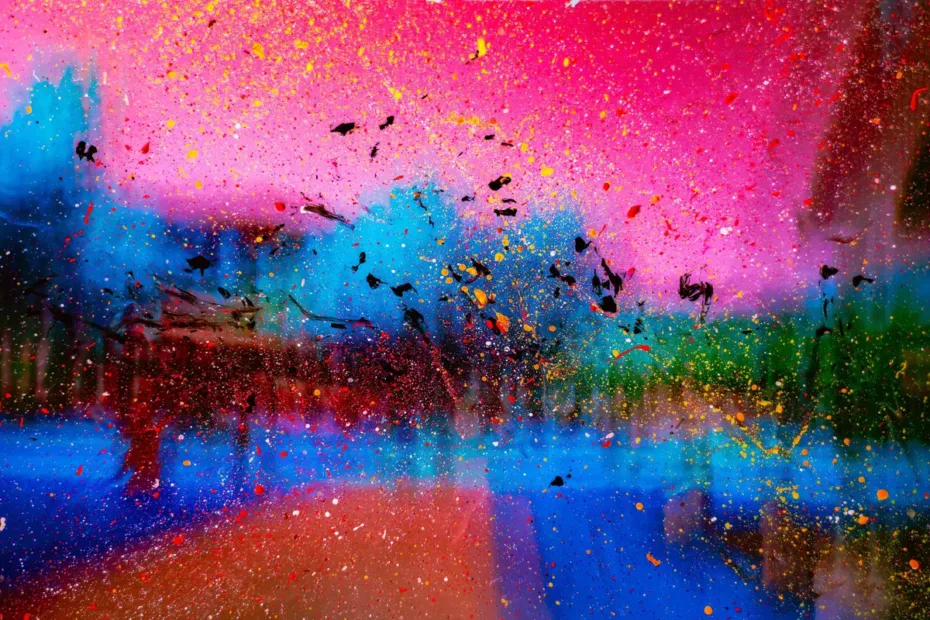State of the Nations Report Launch: Migration in UK Creative Occupations and Industries
Tuesday 10 June 2025 | 12-1pm (GMT) | Online Event
State of the Nations Report Launch: Arts, Culture and Heritage: Recent Trends in UK Workforce and Engagement in England
Report launch for our State of the Nations series On Wednesday 7 May 2025 we launched our new State of the Nations report, Arts, Culture and Heritage: Recent Trends in… Read More »State of the Nations Report Launch: Arts, Culture and Heritage: Recent Trends in UK Workforce and Engagement in England
Seminar Series: Digital Culture: Emerging trends in museums online
Thursday 5th December 2024 | 15:00 GMT
Hear from Professor Trilce Navarrete who will discuss her ongoing work on the valuation of museums online.
Seminar Series: The UGC Revolution: Transforming China’s Cultural and Creative Industries
Friday 6 December 2024 | 14:00 GMT
Anthony Fung’s presentation explores the concept of “digital labour” within China’s cultural and creative industries. It examines recent data in the context of the economic downturn, focusing on the sustainability of content production and market revenues on digital platforms, and the profitability of user-generated content.
State of the Nations Report launch: Foreign Direct Investment in the UK’s Creative Industries
Wednesday 20 November 2024 | 12noon | Online via Zoom.
Join us for the launch of the next report in the State of the Nations series
State of the Nations Report launch: Growth Finance for Creative Industries
Wednesday 16th October 2024 | 12noon | Online via Zoom.
Join us for the launch of our fifth report in the State of the Nations series
Seminar Series: “The cost of undoing Europe”: Brexit and the UK textile and the apparel industry
Thursday 3rd October 2024 | 15:00 BST
Hear from Professor Simona Iammarino who will be presenting her research on the effects of Brexit and it’s impact on the textile and apparel industry in the UK
Seminar Series: Competing for Equality: Gender Bias Among Juries in International Piano Competitions, 1890-2023
Karol J. Borowiecki presents his latest research about gender bias among juries in the universe of international piano competitions.
Report launch: Creative Education in the Four Nations
Join us at the launch of our fourth report in the State of the Nations series
Report launch: UK Arts, Culture and Heritage – Audiences and Workforce
Join us at the launch of our third report in the State of the Nations series
Seminar Series: What is ‘Psychic Income?’
Hear from Professor Doug Noonan about his latest research measuring ‘Psychic Income’, intangible impacts like creative freedom and job satisfaction that can benefit creative workers.
Seminar Series: The value of culture and cultural capital externalities
Professor Trine Bille will be discussing a proposal that suggests that cultural policy should take inspiration from the economics of education in terms of further understanding the private and public value of cultural assets such as theatres, libraries, exhibitions, and concerts.
Seminar Series: The role of emotions – Cultural interventions and behavioural change
What is the role of art in influencing behaviour change? This discussion brings together ideas from neuroscience, psychology and anthropology to explore the interplay between emotions and human adaptability, with a particular focus on ‘dual-process’ models and how impulsive reactions can be circumvented to enable more deliberative processing.
Seminar Series: The economic geography of fashion design in South Africa – Potential beyond large fashion cities?
There is increasing recognition that fashion design is an important growth area for the African creative economy and plays a role in job creation and economic development.
State of the Nations: UK Trade in a Global Creative Economy
The online launch of our second State of the Nations report
Online Launch: Geographies of Creativity – State of the Nations research series
Join Dr Josh Siepel, Senior Lecturer (Sussex University) and Creative PEC Research Consortium Partner for R&D, Innovation and Clusters, as he discusses the findings from the research. Introduced by Professor Hasan Bakhshi, Director Creative PEC, and a panel of industry guests, including Syima Aslam MBE, CEO and Artistic Director, Bradford Literature Festival and Dr Jen Ballie, Head of Design Research, V&A Dundee. There will be a Q&A and the opportunity for you to put your questions to the panel. Additional speakers to be announced.
The State of Creativity – A free, one-day conference
Join creative industry policy makers, researchers and practitioners from around the UK for a day of lightning talks, panel discussions, keynotes and performances.
The State of Creativity will be held at the BFI building in the iconic South Bank Centre. You will get to listen to leading thinkers from across the country and internationally share the latest findings on key themes such as inclusive growth, R&D, skills, education, and createch.
The Society of Authors Meets Hollywood: Why authors and playwrights lost out
In the early 20th century there was a fundamental shift in the industrial significance of authorship. Individual and family firms gave way to multi-national enterprises, contractual terms became standardised and the negotiating power of the individual was substantially diminished. This talk looks at how the Society of Authors (UK) facilitated the rise of industrial authorship.
Intellectual Property, Citizenship, and American Racial Imaginaries
Anjali Vats will be delivering the first CREATe Online Public Lecture of the academic year 2021/22. Due to Covid-19 lockdown restrictions which remain in place, this event will be hosted online.
Be inspired to make the change: Socio-economic inclusion in the Creative Industries
What goes on in the creative sector plays a significant role in shaping the national conversation – representation matters. This sector knows better than any other that diversity breeds creativity. Forward thinking employers within the industry are already making socio-economic inclusion a goal in their organisations, but we know there is still much work to be done.
Culture 2022: what should we expect?
The Covid pandemic has had a devastating impact on the arts and cultural industries throughout the UK and continental Europe. For much of the UK’s creative sector the nightmare of closed venues and out of work cultural producers, performers and technicians is being exacerbated by the absence of a ‘cultural passport’ in the Trade and Co-operation Agreement (TCA) negotiated by the UK government with the European Union. Simultaneously, and accelerated by the lockdown, the continuing ‘digital shift’ is effecting radical changes to the way in which we produce and consume culture.
COVID-19: “The great unequaliser?”
As part of the COVID-19 national research project, led by the Centre for Cultural Value in collaboration with the PEC and The Audience Agency, this event will bring together leading contributors from the academic and cultural sectors, for our first COVID-19 research webinar – Covid-19: “The great unequaliser?”
Gender differences in musician creativity and their influence on collaboration and genre association
Despite no evidence of difference in the creative abilities of men and women, female artists remain underrepresented and unequally recognised across the creative professions. Research on this topic has emphasised how audiences, critics, and other gatekeepers discriminate against women, but it has not fully explained the complex relationship between gender and creative production.
How can the West Midlands harness the potential of Createch?
The creative industries can be a catalyst of innovation across all sectors, enabling transformative new products and services which can drive regional economic growth, wellbeing and quality of life. In particular, the integration of technology and creative industries (‘Createch’) can satisfy consumer demands and solve societal challenges. Perhaps harnessing virtual production, VR or AR and theatre practice to areas as diverse as mental health training, dementia support and pain control.
GCDN Conversations series: Do cultural districts foster the creative economy?
Join AEA Consulting and the Global Cultural Districts Network, for the next session of the GCDN Conversations series: Do cultural districts foster the creative economy?
CREATe Symposium
CREATe, the UK Copyright and Creative Economy Centre based at the University of Glasgow, recently started work on a number of ambitious projects for the next five years. These are funded by the Arts and Humanities Research Council (as part of the Creative Industries Policy and Evidence Centre), the Leverhulme Trust, and the European Union’s Horizon 2020 research and innovation programme. While we have conceived this 2019 Symposium as work-in-progress, we are committed to an interdisciplinary and long-term perspective. In these uncertain times, we need to look both backward (where do we come from?) and forward (where might we go?).
Commonwealth Games 2022 cultural programme and the impact of the Brexit-Covid duo on Birmingham
This panel discussion focuses on the ongoing initiatives and projects that engage with the creative culture sector (including live music) in the West Midlands due to the upcoming Commonwealth Games 2022 against the backdrop of the Brexit and COVID-19. The panelist will talk about Birmingham’s preparations for the Commonwealth Games and its cultural programme, engagement with various stakeholders, and the challenges and opportunities posted by those two historical events. The sensitivity of the region and the city to the effects of Brexit and COVID-19 on the ‘cultural tourism’ economy place it at the centre of the local and the global in the creative culture economy.
Creative industries and intersectional barriers
This paper discusses the politics of craft value and how it is communicated and recognised. Drawing on interviews with women makers of colour in the UK, the paper explores how getting their craft skills recognised and valued as expertise is a challenge which hinders their ability to establish a full-time career in craft. The paper argues that this is linked to how the craft practice of marginalised groups has traditionally been denigrated or omitted from accounts of craft processes within the creative economy
Creative work and gender
This short talk will briefly present two recent research projects – the 2019 report on the ‘representation of Female Artists in Britain commissioned by the Freelands Foundation’ and a quantitative analysis of more than 100 commercial galleries in London between 2016 and 2019 and the representation of female artists.
